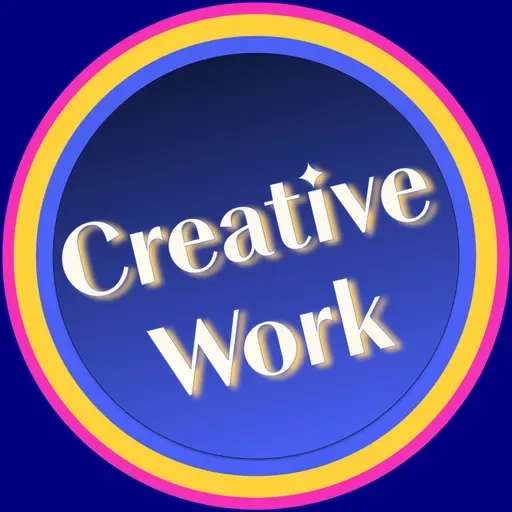
Episode 63: Creativeness and Curveballs
Todays Crew - Greg, Alessandra, Devin, Bobby B, Shadows Pub
Date: August 30, 2025
Overview When life throws a curveball—injury, illness, sudden change—what happens to your creativity? The crew digs into first reactions, how to adapt, and the surprising ways creativity can re-enter the picture when everything goes sideways. Alessandra shares a powerful, unfolding story of breaking her hand right before a major recording with the British Clarinet Ensemble—and how she still contributed musically. The team reflects on trauma, pauses, showing up, and building five-star support when it matters most.
Highlights by Co-Host
Greg
Key Point: Show up anyway. Consistency can create traction, especially when motivation is low. Try opposite action: when you don’t feel like doing the creative thing, do a small version of it anyway.
Quote: “Try and keep on keeping on and try and show up. That will get you some traction.”
Practical Tip: Set a 30-minute timer and freewrite. Even if you think it’s pointless at minute 29, finish the session.
Alessandra
Key Point: Interrupt the doom-story and write a better one. Even with a crushed left hand, she found a way to participate—replacing two-handed clapping with right-hand-on-knee percussion to match the conductor’s sound.
Quote: “I get to write the story. I don’t know how I will adapt, but I know that I will.”
Story Beat:
Broke her left hand in three places (two crushed) the night before a four-day recording in an 1100-year-old church in Cuckfield.
Couldn’t play clarinet—so she innovated percussion using her right hand and knee to contribute to the album.
Adaptation plan: Undergoing surgery at Mass General Brigham’s Hand and Arm Service (sports-medicine caliber team) to get “back in the game.”
On trauma and practice: Name the “hiding” behavior when the trauma alarm goes off; tell someone; remember there’s no shame in taking a pause.
Quote: “There is no shame in taking a pause.”
Devin
Key Point: Disruption can be a showstopper at first, but creativity can return as a coping tool when the challenge persists.
Quote: “It can be both a showstopper, but then it can be sometimes a facilitator.”
Perspective: Creativity can shift your state and provide self-care when the curveball isn’t going away.
Bobby B
Key Point: Triage the threat. Not every curveball is a crisis; over-indexing on control leads to freeze. Learn when to park it and when to flow.
Quote: “At this point now, it’s more often than not, not that big a deal.”
Process: Check fight-or-flight, assess the stakes, avoid fretting yourself into brain freeze.
Shadows Pub
Key Point: Context matters. If core tools are unavailable (like during a power outage), creativity pauses. Otherwise, creativity can sometimes be the perfect avoidance strategy to carry you through.
Quote: “I might even just do the creativity to avoid the other issue. Who never knows?”
Key Themes
Opposite Action: Do a small version of the work when you least want to.
Adaptive Creativity: When one modality is blocked, find a parallel path (e.g., percussion for clarinet).
Trauma-Aware Practice: Notice “hiding” behaviors; tell someone; normalize pauses.
Five-Star Life: Build a five-star support team aligned with what truly matters (e.g., specialist hand surgeons for musicians).
Agency in Narrative: Catch catastrophic thoughts early; choose a better story.
Resources and Notes
Crisis Support (U.S.): Dial 988 if you’re in crisis or share the number with someone who may need it.
Practice Prompt: 30-minute timer; freewrite anything that comes to mind. Finish the full time.
Listener Prompt
What happens to your creativity when life throws you a curveball? What’s your first reaction, and how do you adapt? Share your story at creativeworkhour.com.